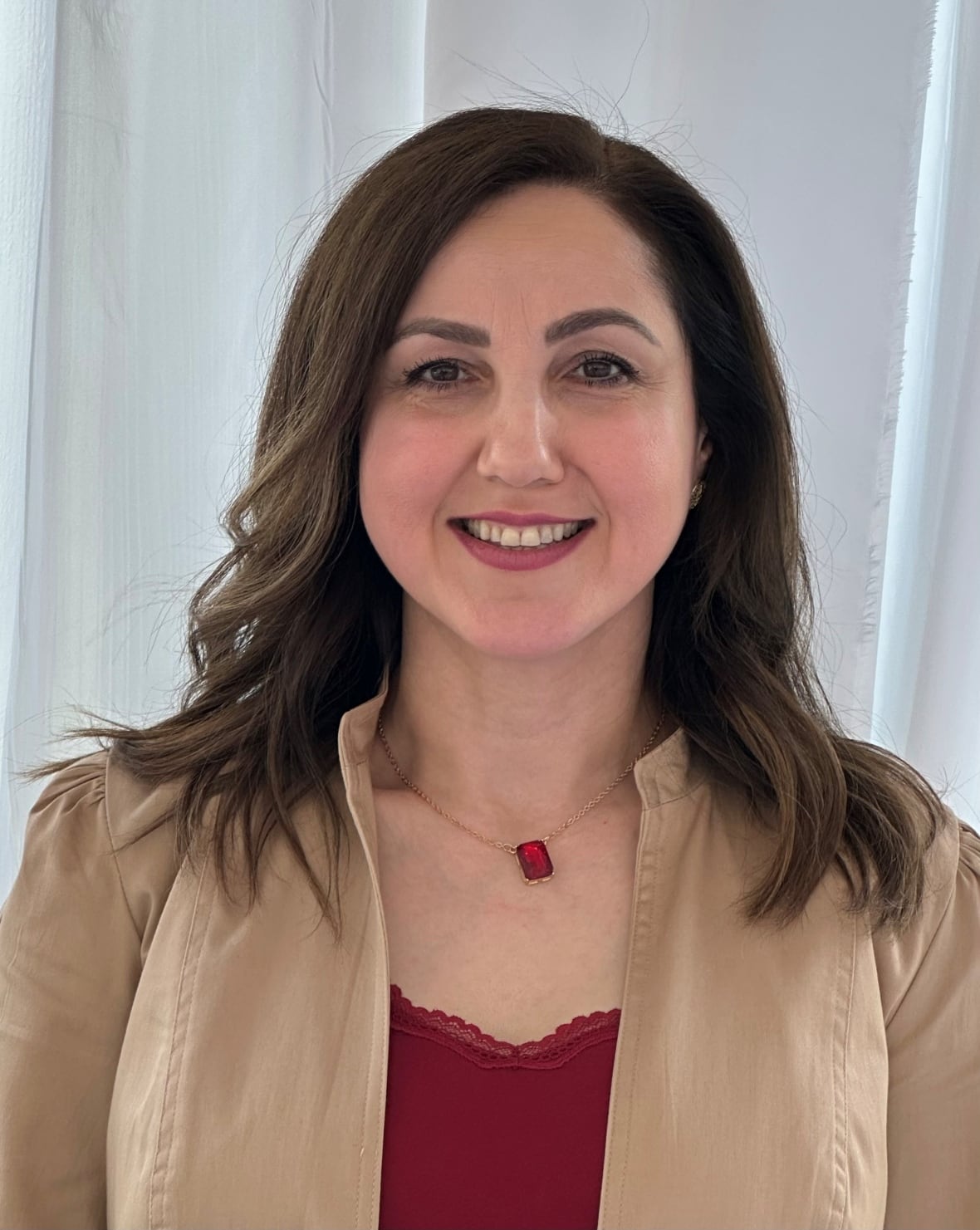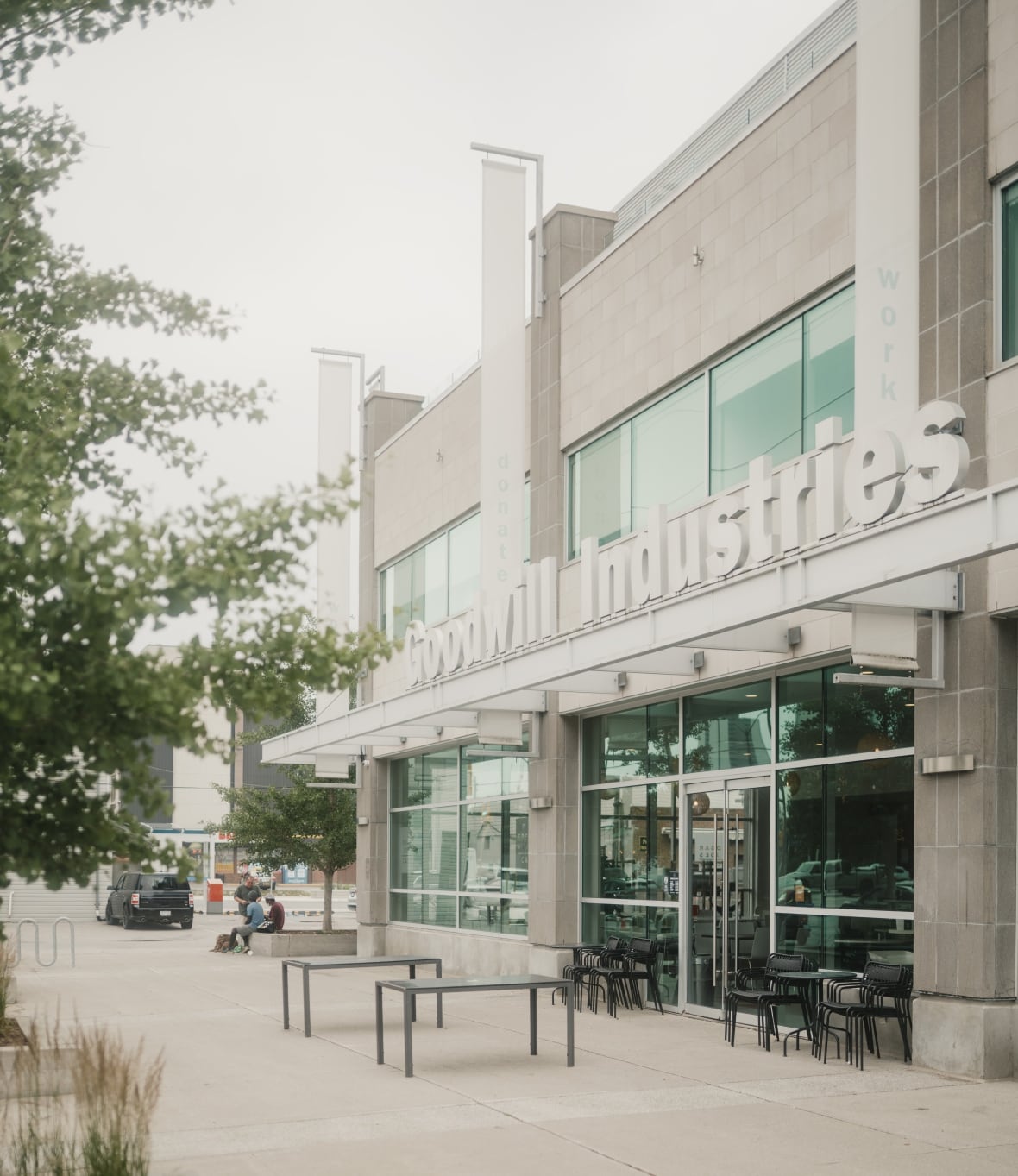New London-based project to provide jobs to people with criminal records

A new pilot project is starting in London to help break down barriers to finding employment for people with criminal records.
The Fair Chances Employment Pipeline Project was started by the London-area branch of the John Howard Society (JHS) in partnership with Goodwill Industries, which will be employing the project's participants.
"We found that so many people with criminal records are really struggling," Taghrid Hussain, the executive director of JHS London, said. "They really have difficulty finding employment, and keeping meaningful employment, as well."
The pilot project is funded though a Community Vitality Grant from the London Community Foundation (LCF). With donations from families, individuals and businesses, the LCF disperses yearly grants to fund projects that meet community needs.
LCF often funds pilot projects like this when there's a potential to make a difference, said Lori Runciman, the foundation's grants director. This year, the foundation is providing $1.5 million in grants to nine different projects, including this one.

A 2024 report from JHS found that Canadian employers have, by and large, excluded qualified applicants with criminal records, regardless of the severity of the offence.
This is harmful, according to Hussain, as meaningful employment offers a sense of agency and belonging, as well as an effective barrier against homelessness, addiction and getting stuck in the "revolving door of crime."
Through the Fair Chances Project, JHS will refer 30 people with criminal records to Goodwill for job training and onboarding. Then, upon successful completion of training, Goodwill will offer them a job in one of their stores, cafes or warehouses.
JHS will be providing individualized support to the participants throughout the process and, after 18 months, they plan to interview all participants and put together a final report on the results.
"The idea is to encourage other employers to do the same thing, to start thinking about giving an opportunity to individuals who are justice-involved," Hussain said.
Goodwill has the capacity to help in that goal with its 26 retail stores, 44 donation centres as well as career centres, cafes and warehouses across the province, said Jessica Justrabo, director of strategic partnerships and community impact at Goodwill Industries.

"We're really excited to continue our support for this model because it's what we do best and we came together to really make sure that we are improving outcomes and improving lives in our communities."
Goodwill has already worked with JHS over the years and employed people with criminal records, Justrabo said, but this project was an opportunity to formalize their partnership.
Beyond just employment, further support will be also available to participants such as employment counselling and skills development to help them either move up within Goodwill or move on to other careers.
The project will hopefully be transformative for many, Justrabo said, but she recognizes that it may not work out for every participant. This is something they are prepared to handle on a case-by-case basis and it would not mean the end of their support.
"Everyone's journey is different," she said. "So if they would like to return to the program, if they need a little extra stabilization, if they need a referral to another organization, we're happy to follow and support individuals as their journey unfolds."
cbc.ca




